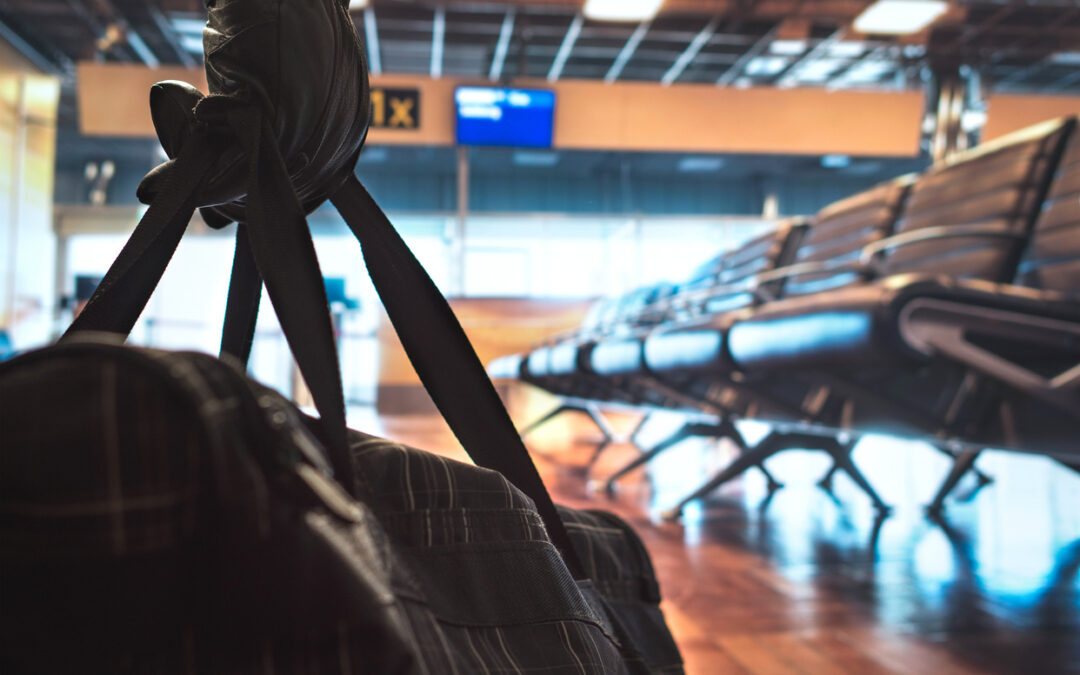Recently, two U.S. Senators proposed a sweeping—and deeply misguided—plan to abolish the Transportation Security Administration (TSA), replacing it with privatized screening managed by airports. While the proposal may sound efficient on paper, as someone who has worked in aviation security for decades—including as an expert witness in the 9/11 case—I can tell you with confidence: this is not only a bad idea, it’s a dangerous one.
Let’s be clear: TSA is not perfect. Like any federal agency, there’s room for improvement. But abolishing the TSA and reverting to a pre-9/11 model of privatized security fundamentally misunderstands both history and current threat realities.
TSA Works—Even If You Don’t See It
Since its inception, the TSA has stopped millions of prohibited items from getting onboard aircraft—everything from guns and knives to incendiaries and explosive components. The reason we don’t hear about successful attacks isn’t because the threats no longer exist. It’s because the system, imperfect as it is, works.
Eliminating TSA would dismantle a critical layer of national defense. Without standardized, federally overseen screening protocols, travelers could smuggle in a range of deadly materials, unchecked. Explosives, weapons, and other tools used to hijack or destroy aircraft don’t just disappear because we pretend the problem has been solved—they just get easier to smuggle through.
Also notably absent from this proposed legislation is any mention of what would happen to the Federal Air Marshal Service, which is currently under TSA’s jurisdiction. If the authors of the bill truly understood the intricacies of aviation security, they’d recognize this as a glaring oversight.
A Step Backward to Pre-9/11 Failures
The Senators’ plan seems to revive a model we already know failed. Before 9/11, airlines contracted out security services to the lowest bidder—firms who often cut corners on training, staffing, and equipment. In fact, it was cheaper for airlines to pay fines to the FAA than to fix known security lapses. .
There’s also a fundamental misunderstanding here between airport security and airline security. The legislation suggests that airports take over screening, but screening has always been the responsibility of the aircraft operator, not the airport. Airport operators control employee access to secure areas—but not passenger screening. Under current law, TSA provides screening services on behalf of the airline (aircraft operator), and in some cases, a TSA-approved contractor may do so under the Screening Partnership Program (SPP). But either way, the standards, oversight, and liability rest with TSA.
Without TSA, responsibility reverts to the aircraft operator under Subpart E of 49 CFR Part 1544 (Aircraft Operator Security). That’s a significant shift that the proposed bill doesn’t appear to address—and one with serious legal, financial, and operational consequences.
Misunderstanding the Fourth Amendment
The proposed legislation also claims that private contractors cannot conduct warrantless searches without consent. That may sound like a win for civil liberties, but it betrays a lack of understanding of how the law currently works. Under the administrative search doctrine of the Fourth Amendment, passengers voluntarily subject themselves to search by choosing to fly. You don’t have to be screened—but you also won’t be flying. That principle is already well-established in aircraft operator regulations.
So what does this bill actually change? It appears to introduce ambiguity where clarity already exists—weakening a legal foundation that has supported aviation security for decades.
Oversight Belongs Outside the FAA
The proposal also recommends transferring TSA oversight to the FAA. That’s another misstep. We’ve been down this road before. The FAA, as the regulator of the aviation industry, was long criticized for “agency capture”—when a regulator becomes too cozy with the industry it’s supposed to police. That’s why TSA was moved from the Department of Transportation to the newly created Department of Homeland Security. It was a deliberate decision to separate the security oversight function from transportation policy, to avoid exactly this conflict of interest.
Misleading Sources, Outdated Reports
Much of the proposal leans heavily on outdated or cherry-picked data. It references a 10-year-old GAO study and a 2012 report from the Reason Foundation, a libertarian think tank known for its anti-regulatory stances. It also quotes Bruce Schneier, a well-known TSA critic, without offering any counterpoint from professionals who actually work in aviation security. (To his credit, while Schneier is a well-renowned author in the security field with some excellent books, there’s no indication of him actually working in the aviation security industry).
Has TSA had issues with detection in the past? Of course. But to ignore the agency’s substantial progress—especially in advanced detection technology and layered passenger screening—is to deliberately ignore facts in favor of ideology.
And frankly, we should be asking: what exactly is this Senator carrying that gets him pulled for secondary screening all the time?
Let’s Fix What’s Broken—Not Break What’s Working
There’s nothing wrong with studying an expansion of the Screening Partnership Program. If we want to explore better ways to increase efficiency, reduce waste, or hold federal agencies accountable—great. Let’s do that, but let’s do it based on facts, data, and subject matter expertise.
The stakes in aviation security are too high for grandstanding or personal anecdotes about being “groped” at a checkpoint. This bill hasn’t been thought through. It’s just a few pages long and rooted in outdated studies and ideological assumptions. If enacted, it could weaken our robust aviation security system—possibly to a level less secure than before 9/11.
We haven’t had a major attack on U.S. aviation since 9/11. If TSA were as incompetent as its critics claim, we’d have had multiple incidents, likely on a yearly basis.
So let’s improve the system with reason, not rhetoric—and never forget what’s truly at stake.
Read Part Two: The Unseen Shield: What We Lose If We Dismantle the TSA

